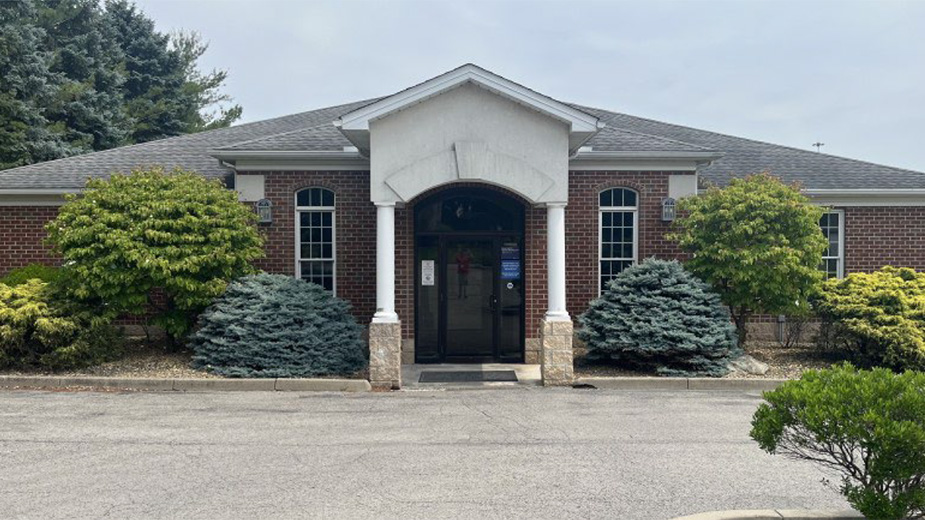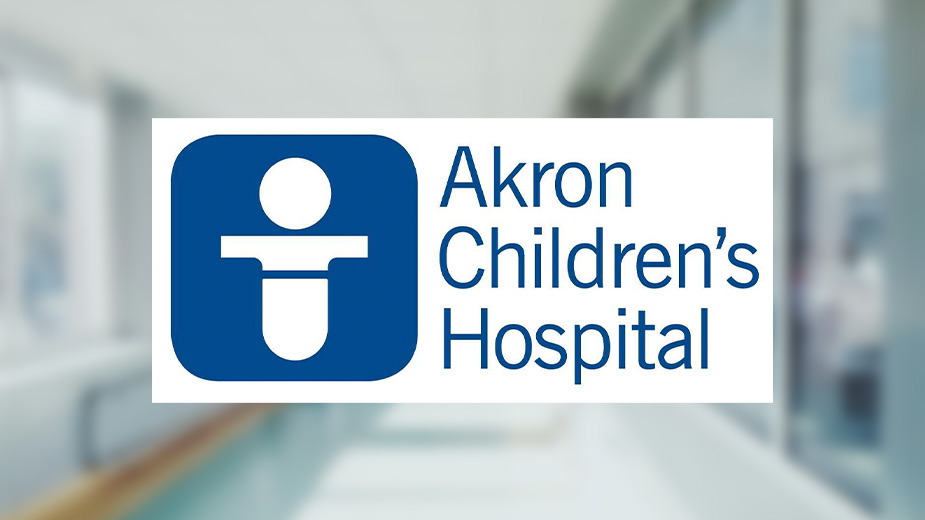Akron Children’s Awarded $1.3M Grant for Palliative Care Research
AKRON, Ohio – Akron Children’s Hospital has been awarded a three-year, $1.3 million grant from the National Institutes of Health/National Institute of Nursing Research to better define the practices of pediatric palliative care.
The study will engage children, teens and young adults and their parents and providers receiving pediatric palliative care services at Akron Children’s, Nationwide Children’s Hospital, Cincinnati Children’s Hospital, Texas Children’s Hospital in Houston and Rady Children’s Hospital in San Diego.
Dr. Daniel Grossoehme, a senior scientist in Akron Children’s Rebecca D. Considine Research Institute, will be the principal investigator.
“Dr. Grossoehme’s work with Dr. Sarah Friebert is innovative, insightful and game-changing,” said Dr. Michael Forbes, chief academic officer at Akron Children’s. “This type of research grant – the R01 – from the NIH is considered one of the highest in academia, awarded to less than 20 percent of the applicants. As a result, this work is considered the best of the best.”
Most of the current standards for care for home-based pediatric hospice and palliative care were derived from adult hospice and palliative care, and generally represent the perspectives of parents and providers from data that pre-dates the COVID-19 pandemic, Grossoehme said.
“There is an urgent need to better understand the experiences of the children and teens receiving this care,” Grossoehme said. “Our central hypothesis is that pediatric patients have perspectives and words to describe important aspects of their care that differ from those of their providers and caregivers.”
Nearly 2 million U.S. children currently have life-limiting disability or illness, and about 5,000 children are within their final six months of life, a news release states. Pediatric palliative care teams offer these children and their families symptom management, decision-making guidance and spiritual/psychosocial care.
The researchers will conduct and analyze up to 88 semi-structured interviews of children, teens and young adults ages 11 to 26 about their priorities, goals and values, even openly talking about end-of-life decisions and when and how they want information to make those decisions. The interviews will integrate with the updated parent and provider data to create the new standards.
“Our mission is to ensure that children of all ages with life-threatening conditions receive the highest quality care possible, wherever they are,” said Dr. Sarah Friebert, founder and director of Akron Children’s Haslinger Family Pediatric Palliative Care Center. “To honor this commitment means to hear directly from those we serve, to design and sustain care paradigms that allow them to live their best lives. Clinical practice guidelines have evolved to advance the science of palliative care as the field has grown, but the direct voice of the involved child is missing.”
Published by The Business Journal, Youngstown, Ohio.



